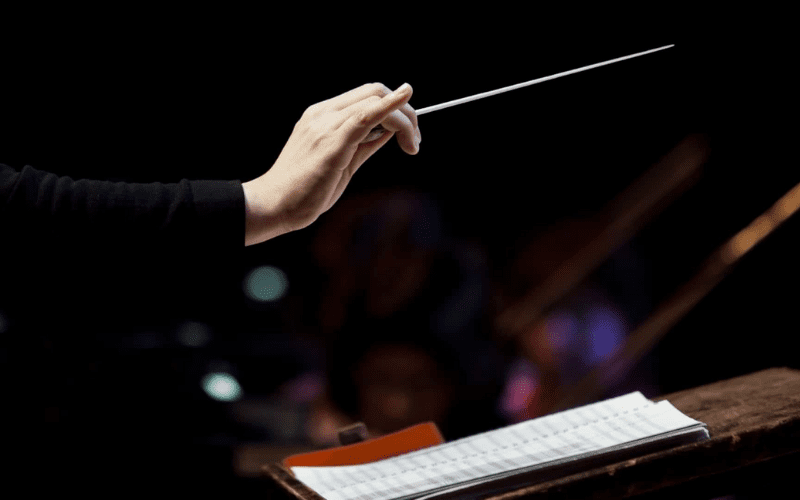I received an e-mail earlier this week that set me off. It was from someone in my sphere who I respect and like. We were in the midst of an exchange and they told me they had some good news but that they would tell me tomorrow. Well tomorrow came and I politely told this person that while they had no way of knowing, I really disliked surprises. If they had something to tell me, then they should tell me. If they wanted to wait to tell me, fine; just don’t tell me. We shared a good laugh.
I suppose when I was younger I likely viewed surprises as a good thing. If you were fortunate enough, you looked forward to birthday parties, wondering what type of presents you would receive. You counted down the days until relatives you hadn’t seen for quite some time paid you a visit, naturally wondering all the while what they would bring you. And each school year brought new teachers, new classmates; sometimes even an entire new building.
Come to think of it, at least in my life, this feeling of newness extended into my mid-Twenties. I met a woman, who I eventually married, and fell in love. We moved halfway across the country and began a new life together. And maybe as we settled down, began to plan a family, well, then I didn’t see surprises in quite the same way.
As I began taking more responsibility on in my personal and professional life, I actually began loathing surprises. We’ve had a few bad quarters and layoffs loom. Surprise! Your furnace is broken. Surprise! Plus, all the inevitable personal, financial and health challenges that you either experience personally or via osmosis when they impact someone close to you. When I was growing up, I used to get annoyed when I’d hear adults say “Nothing surprises me anymore” as I felt it was akin to throwing in the towel. But as I grew older I realized that expression translated into a valid defense mechanism. The dirty truth is that more often than not surprises truly suck. Yet you still have to deal with them once they occur.
As time passed, I found myself craving normalcy and routine. I used to think the word “boring” was a pejorative. Now I embrace it. If boring connotes healthy, well-adjusted, personally and professionally satisfied, well then bring on boring. Truckloads of it.
I also am lucky in that I get to experience surprises vicariously through our children. Ethan and Sasha still embrace newness, as they should. It might be that look in Sasha’s eyes or the tilt in her head, when she “gets” a book she’s been reading. Or when Ethan performs with the choir and rises above the first night jitters to gain experience and confident. They are in the prime of that time period when surprises, G-d willing, tend to be good. And I hope they savor every one.
And, of course, all is not bleak for us adults; as with anything, there is a notable exception to my “I hate surprises” mantra. We recently learned that people we know are expecting their first child; they will make great parents. Wendy and I asked if they were going to find out the sex of the child. They weren’t, and neither did Wendy and I.
Like many of you who have been through it, I will never forget the experience of seeing a healthy child come into this world. On two separate occasions, I was fortunate to be wonderfully surprised. And those surprises were more than enough to sustain me.

